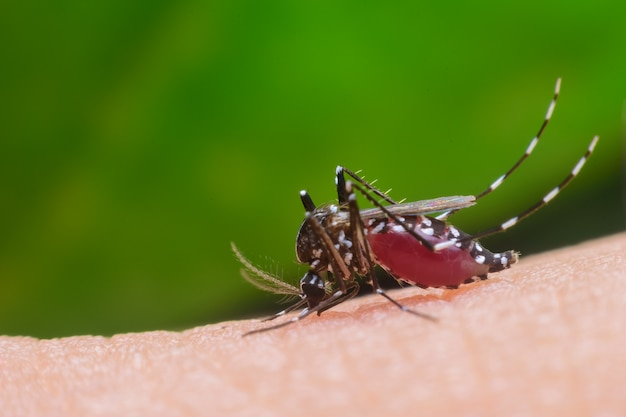Dengue is a big worry around the world, affecting millions of people each year. It spreads through mosquito bites, making it a public health issue. Early detection and the right management can save lives. This guide aims to help you understand dengue treatment and its symptoms, giving you solutions and success stories.
Understanding Dengue: The What, Why, and How
Dengue is caused by a virus carried by certain mosquitoes. When these mosquitoes bite, they can spread the virus to humans. The issue is widespread, especially in tropical and subtropical areas. Places like India face frequent outbreaks.
You can spot dengue early by noticing dengue symptoms such as high fever, severe headache, pain behind the eyes, and joint pain. These dengue signs are crucial for early diagnosis and management. When you feel these symptoms, seek medical advice promptly.
Governments play a vital role in managing dengue. They spread awareness and implement strategies to combat the disease. Effective public health strategies focus on prevention, such as eliminating mosquito breeding grounds and community education.
The earlier you report dengue symptoms, the better the chances of recovery. With meaningful public health efforts, the spread of dengue can be reduced significantly.
Effective Dengue Treatment and Recovery Solutions
When it comes to dengue treatment, rest is crucial. Your body needs time to fight the virus. Drink lots of fluids to prevent dehydration, a common issue during the fever. Paracetamol is usually suggested to reduce fever and pain, as it’s a safe dengue fever medication. Medications like aspirin or ibuprofen should be avoided as they can increase the risk of bleeding.
For severe cases, hospital care is essential. Health professionals monitor patients closely to avoid dengue complication. These complications can include bleeding, drop in blood pressure, and even organ impairment. Experts ensure that patients receive fluids through IV to stay hydrated.
Let’s talk about what to do and not do if you’re dealing with dengue:
- Do: Stay hydrated, take dengue fever medication as advised by a doctor, and get plenty of rest.
- Don’t: Self-medicate with drugs not recommended by your healthcare provider or ignore severe symptoms.
The path to recovery involves patience. Adhering to medical advice and implementing guidelines can help manage dengue effectively. Following the right practices ensures a quicker recovery.
Innovations, Myths, and Success Stories in Dengue Management
Exciting innovations are happening in the world of mosquito-borne diseases. Vaccines like QDenga are in the spotlight as promising solutions. Once released globally, such vaccines could drastically reduce new cases and aid dengue prevention.
There’s a lot of misinformation about dengue. Let’s address a couple of common myths:
- Myth: Papaya leaf juice cures dengue.
- Reality: There’s no scientific proof. Always stick to medically approved treatments.
- Myth: Only serious symptoms indicate dengue.
- Reality: Early spotting of mild dengue symptoms can prevent severe cases.
Success stories enlighten us. Many people have overcome dengue by following medical advice and taking care of themselves. Community education and awareness about dengue prevention play significant roles in these success stories. By eliminating places where mosquitoes breed and educating communities, the spread of dengue can be minimized.
Early intervention and awareness have shown noticeable results. People who once struggled with severe symptoms now share their experiences of overcoming the disease. It’s inspiring to see such positive transformations and highlights the importance of community effort.
In conclusion, understanding dengue, recognizing its signs, and opting for correct dengue treatment are critical. By being informed and proactive, you can handle this threat effectively. Stay educated, stay prepared, and most importantly, stay safe.

